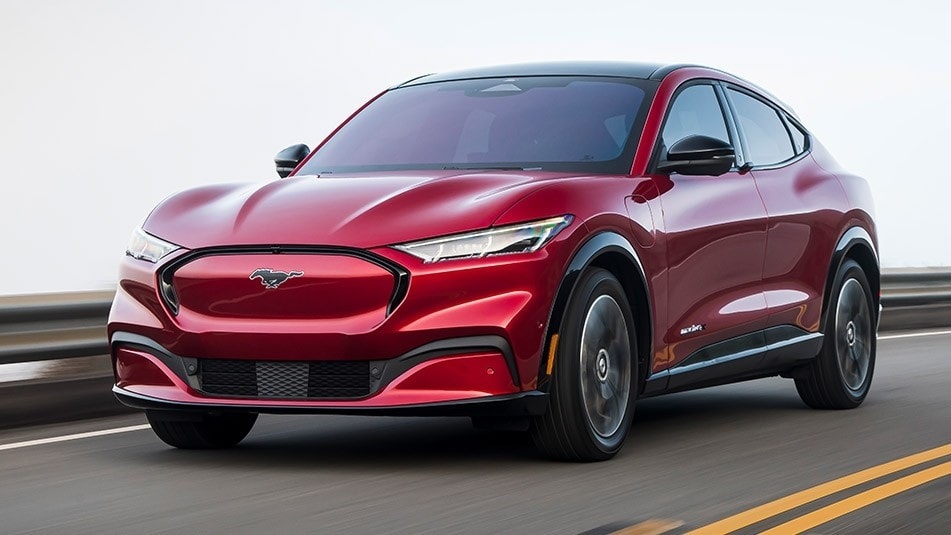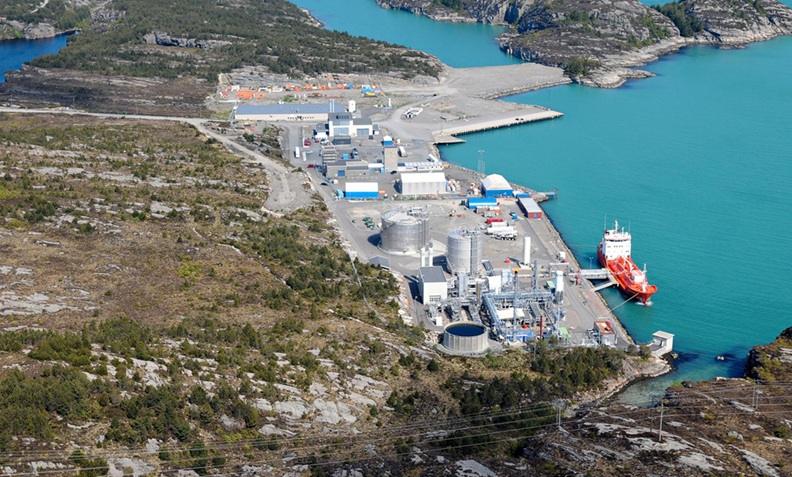Ford Splits EV, ICE Units into Separate Businesses
Automotive giant Ford unveiled a major reorganization of its company today, separating its electric vehicle (EV) and internal combustion engine (ICE) units into separate, distinct businesses.
The EV unit, “Ford Model e,” positioned as the company’s growth engine, will focus on accelerating the development of EV technologies and capabilities, including EV platforms, batteries, charging and recycling, as Ford looks to ramp the introduction of new models and scale its EV production. The ICE segment, “Ford Blue,” will focus on profitability and cash generation, through attacking cost, simplifying operations and improving quality.
Ford President and CEO Jim Farley, said:
“Ford Model e will be Ford’s center of innovation and growth, a team of the world’s best software, electrical and automotive talent turned loose to create truly incredible electric vehicles and digital experiences for new generations of Ford customers.”
With the introduction of the new electric vehicle-focused unit, Ford unveiled new targets for its EV business, including achieving 2 million units of annual EV production by 2026 – roughly a third of total global volume – having EV represent half of global volume by 2030, and having EV market share equal to or greater than Ford’s current share in its vehicle segments.
Ford also announced that it will spend $5 billion on EVs this year, including capex, expenses and direct investments, doubling its EV-related spend over 2021.
The company said that Ford Model e will also focus on innovative shopping, buying and ownership experiences, including ecommerce platforms, transparent pricing and personalized customer support from Ford ambassadors.
John Lawler, Ford’s Chief Financial Officer, said:
“This new structure will enhance our capacity to generate industry-leading growth, profitability and liquidity in this new era of transportation. It will sharpen our effectiveness in allocating capital to both the ICE and EV businesses and the returns we expect from them – by making the most of existing capabilities, adding new skills wherever they’re needed, simplifying processes and lowering costs. Most importantly, we believe it will deliver growth and significant value for our stakeholders.”
Ford’s landmark announcement comes as major automakers globally are looking to significantly ramp their EV capabilities and production, and establish strong positions in the rapidly growing EV market. Earlier today, Hyundai set a goal to achieve 7% global EV market share by 2030, and Stellantis this week also announced a new strategic plan to reach 5 million annual BEV sales by 2030. Last year, GM committed to invest $35 billion in its EV and AV businesses through 2025.





